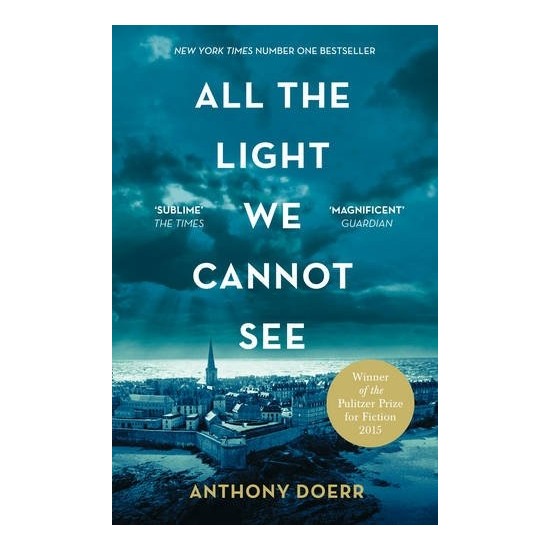

His favorite memory of Jutta-listening to radio broadcasts in the orphanage-ultimately contributes to his decision to spare Marie-Laure’s life when he realizes that she is connected to these broadcasts. Throughout his time in the army, Werner remains devoted to his sister, Jutta, and often thinks back to their carefree days together in the orphanage.

Werner uses his skills to help Volkheimer and other soldiers murder hundreds of people-some of them civilians-and wonders, again and again, if he’ll be able to live with his choices. As Werner grows older, he develops an aptitude for engineering and science, but is morally challenged when he is accepted into the National Institute (a prestigious Nazi school) and then during his stint in the German army. As a respite from their oppressive surroundings, Werner and Jutta develop a love for science and the broadcasts they hear via their radio (broadcasts being made, unbeknownst to either of them, by Marie-Laure LeBlanc’s own grandfather Henri). During his adolescence, Werner is close with his sister, Jutta Pfennig, with whom he lives at an orphanage (their father died in a mining accident, and their mother’s fate is unknown). Werner has whitish-blond hair, blue eyes, and is strikingly intelligent, so he seems like a model of the Nazis’ “Aryan ideal”-except that he has a stronger moral compass and a lesser sense of racial superiority than most of his peers. 'Based on the Pulitzer Prize-winning novel, All The Light We Cannot See is a groundbreaking limited series that follows the story of Marie-Laure, a blind French girl and her father, Daniel. Werner Pfennig is a young, intelligent German boy, and one of the two protagonists of All the Light We Cannot See. Letter #10: Daniel LeBlanc to His Daughter


 0 kommentar(er)
0 kommentar(er)
